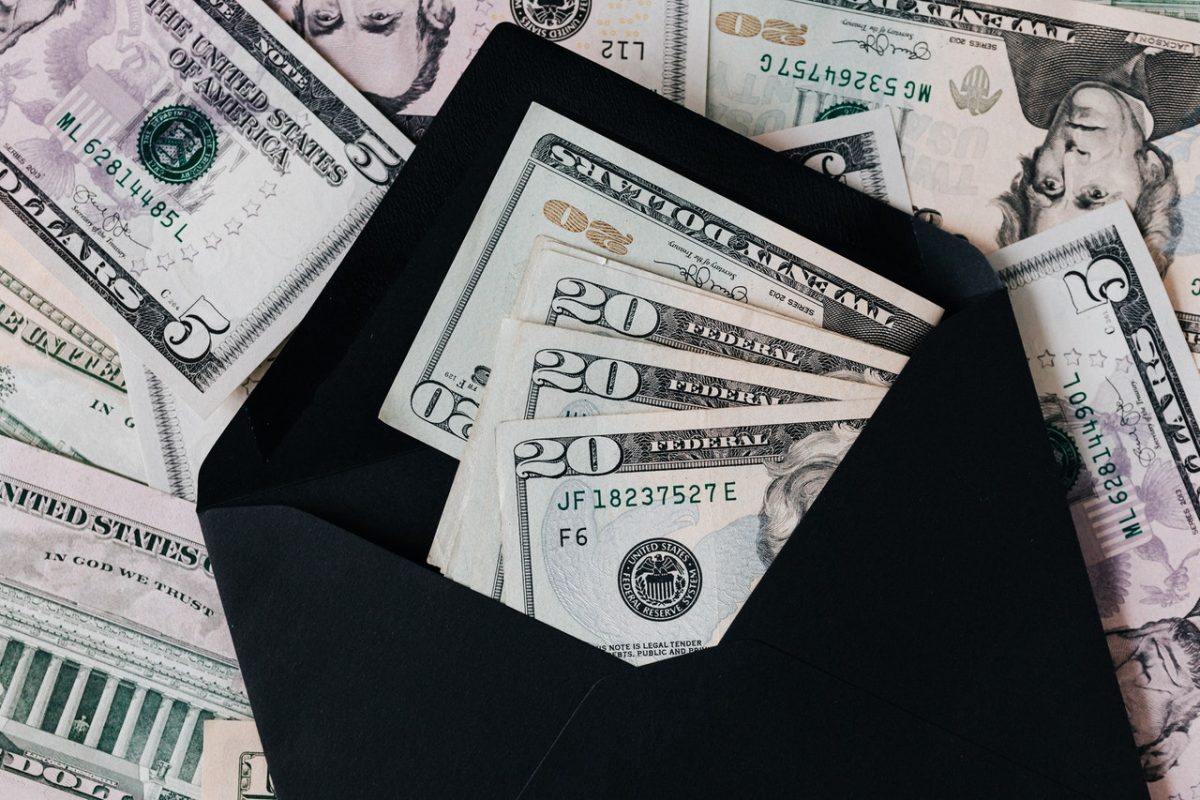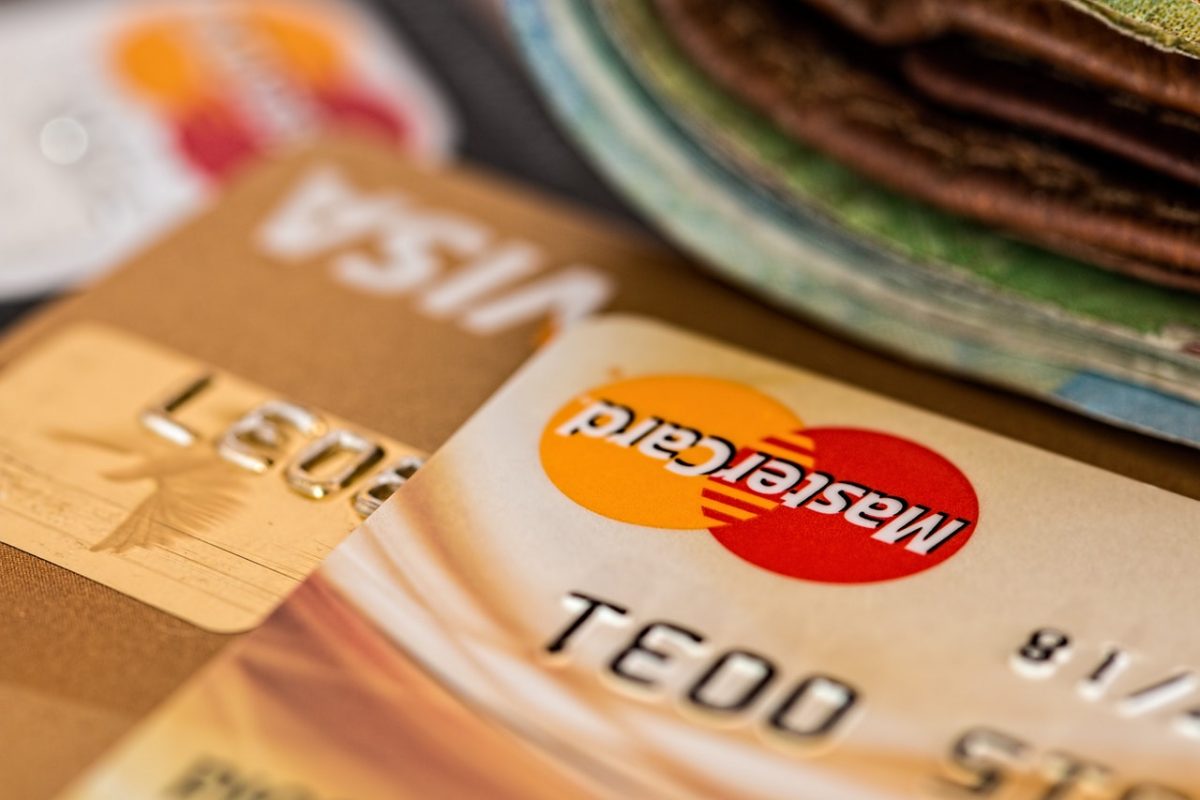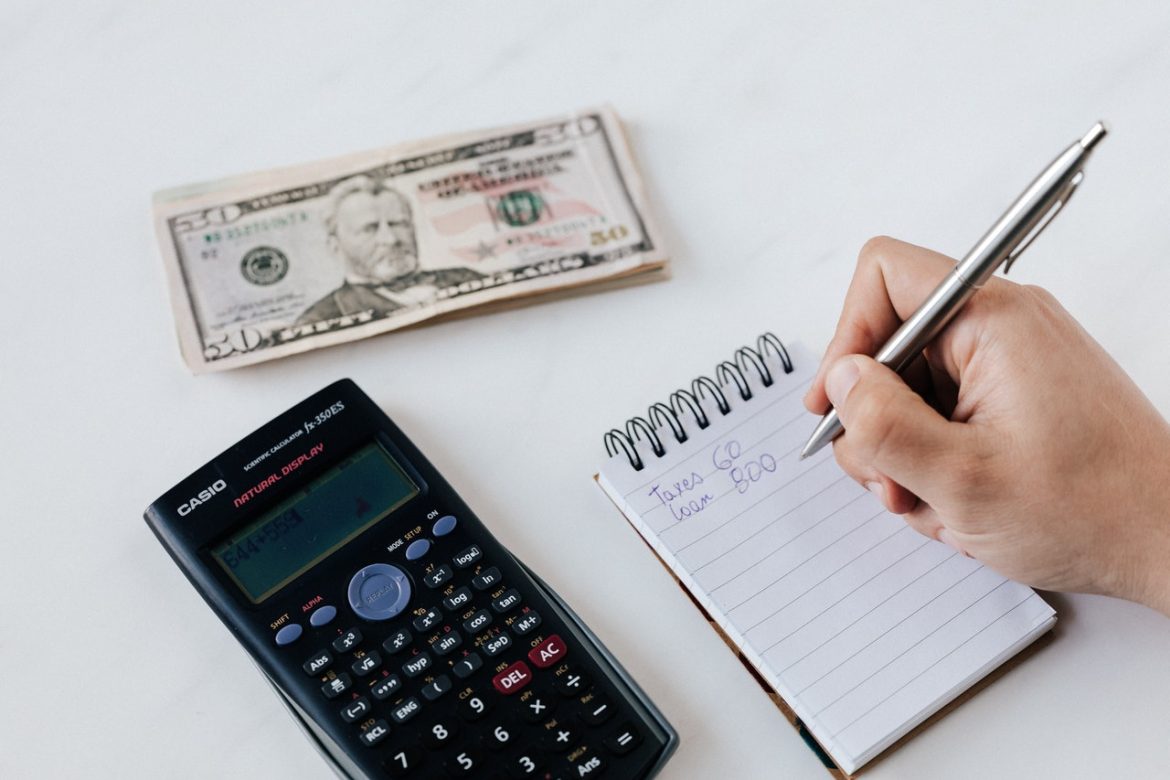Knowing how to save money is essential, but you’ll be surprised by the fact that so little information about it is taught in schools. Sure, you’re given the basics like budgeting and prioritizing your needs over your wants—but is that all it really takes? These days, not quite. Saving money should cover every aspect of your lifestyle. However, you need not go to the extremes and deprive yourself of personal luxuries.
It’s all about balance. In this article, we’ll show you how you can achieve this through 30 different money-saving tips.
How to Save Money On The Essentials


Start with putting together an emergency fund.
You’ve likely been told of its importance, but have you begun setting aside money for it? Typically, emergency funds should be worth around three to six months of your monthly income. This number can be a bit too much for some, so don’t hesitate to start small. How much should I save each month? If you’re able, $500 is a good start. You can slowly increase the amount as your income increases as well.
Establish a budget for yourself.
At the beginning of every month, collect every receipt for every purchase you made during the month before. You can also make a habit of writing down everything you spend money on. By doing so, you’ll be able to see where most of your money goes. Having a visual can help you better realize if you need to spend less and how to save more money.
Try the envelope budget system.
There’s no real need for fancy mobile apps to help you save money. This practical method makes use of plain envelopes to help you set aside funds for different needs, such as rent, utility bills, food, and so on. It’s much easier to track as well!
Always save for your future.
When saving money, don’t just look at short-term goals. Did you know that there is a difference between the two? Don’t just spend less for the sake of having extra cash on you. Always save money with intention. This could be for your future retirement, for your college education, for your family’s health, for purchasing your first home, and so on. It can be easy to lose yourself in fast money goals, such as pinching your pennies to be able to afford a designer purse. While it is a valid goal, you should also THINK BIG and look ahead.
Set up an automatic savings system.
Many online banking services offer this to their clients. You can set a specific day of the month when automated deposits would be made to your savings account. This is particularly useful for people who freelance or own their own businesses. Note that the scheduling includes daily, weekly, and monthly options. If your employer is kind enough to do so, you can also request for them to deposit a certain percentage of your paycheck to your savings account. You’d be surprised by how many would agree to do this for you. How much of your paycheck should you save? Even 10% to 15% (or more if you’re able) counts!
Save tax refunds and windfalls.
It isn’t unusual for people to quickly burn through any extra money they receive, whether it be a tax refund or a work bonus. The mindset here is that because it is seen as a “reward” when they get to spend it on various indulgences. However, it would be better for your finances if you put some of it towards your savings. Trust us, it’s also rewarding to watch those numbers go up each time you make a deposit.
Calculate your purchases based on the hours you worked, not by cost.
You know how they say waiting 24 hours before making a purchase will help you prevent impulse buys? While that particular rule is effective, most people still end up spending money unnecessarily. Try this tip instead: divide the amount by your hourly wage. If you’re looking at a purse that costs $150 and you make about $10 an hour, this means you’ll have to work 15 hours in order to pay for it. Now, ask yourself if it’s worth that much.
How to Save Money even with Debts and How to Manage Your Credit Line


Always pay off your monthly credit card dues in full.
Aside from avoiding hefty interest rates, there are plenty of perks that come with being a good payer. You get to enjoy cashback benefits, which should help you save money with every purchase. With this in mind, never use your credit card for things you are not capable of paying off within a month. If you’re not careful, this can lead to debt.
What if you’re already in debt? Start with a plan to pay it off.
You need not devote a huge chunk of your income to it. The key is consistency! Make it a goal to reduce your credit card debt by $1,000. In doing so, you’ll be saving a couple hundred dollars every year in interest and penalties. It might mean sacrificing certain luxuries, such as dining out or new clothes, but this is an important step towards becoming debt-free.
Keep up with your credit report.
Did you know that you can make use of your free annual credit report to check for any inaccuracies and perhaps, even raise your credit score? Having a low score actually means you pay more for your loans, so increasing it will benefit your finances in the long run. It doesn’t take much work and costs 0 dollars to do, so take advantage of it!
Set up an auto-payment system.
Much like your savings, you can also opt to automate your payments. Doing so will help you avoid late fees and penalties. There are also loan providers who will give you an interest rate deduction if you enroll in this service.
Participate in debt counseling.
The fact is, there’s nothing shameful about incurring debt. It happens even to the best of us. Seeking counseling doesn’t mean that you have failed. In fact, it only shows that you’re willing to move forward and do things better than last time. There are many free debt counseling services available, whether online or in person. They’ll provide you with great budgeting tips as well!
How to Save Money on Family, Friends, and Entertainment Expenses


How to save money fast? Make full use of your local libraries.
These are treasure troves when it comes to free entertainment. Some libraries offer free classes, activities for young children and adults, and even archives of films you can watch. Aside from allowing you to borrow books, some facilities go the extra mile and allow patrons to borrow tools!
Volunteer.
If you’re looking to enjoy more of what the community or even your city has to offer, volunteering is a great way to get started. Not only can you receive free admission or discounted ticket prices to events, you might even receive an allowance for the work you provide. Remember that this varies, so get in touch with local organizers to learn more about any volunteer activities in your community.
When it comes to gift-giving, it’s always the thought that counts.
Remember, it isn’t a competition! With that in mind, create a spending limit for the gifts that you buy. Get the entire family to join—trust us, it will help relieve financial stress for everyone involved.
When it comes to buying clothes, choose quality over quantity.
Buying cheap clothes just because they’re on sale isn’t being “thrifty.” They are bargains for a reason. These are often cheaply made and will not last. For growing children, however, this might be a budget-friendly alternative. Another option is to invite friends and family to a clothing trade. The same applies for neighborhood swap meets. Aside from clothing, everyone can bring gently used or new items they have no use for. Organizing a swap meet is actually quite simple and can benefit everyone involved. Here’s a great article about swap meets from Zero-Waste Chef.
Get your friends or your family to participate with you on a “no-spend day.”
As the name suggests, this is one day out of the week where you’ll all get to enjoy free activities and avoid spending money on anything. This will help everyone save a lot.
Normalize borrowing various tools from your friends and family.
Instead of buying something that you’re only going to use once or twice, opt to borrow them instead. You can also do this for kitchen appliances, books, and other items that you don’t have to keep permanently.
How to Save Money on Food and Groceries


Pack your own lunch.
Yes, it will take you a bit of extra time, but doing this can help you save a lot of money in the long run. It also tends to be healthier, especially if you usually eat at fast food places during lunch hour. With the money you save on your lunches, you can afford to add more to your emergency fund.
Eat at home more often.
You don’t have to completely avoid dining out, but the idea here is to start reducing the budget allotted to it. If you’re able, try to eat out only once a month. You’d be surprised by the amount of savings you can make by doing so. Did you know that dining out is among the top expenses that people have? Instead, try cooking equally delicious meals at home.
Here’s an effective grocery budgeting tip: Stick to your list.
This one tends to be challenging for many, but it will help you practice more discipline towards impulse buys. Make your list a few days in advance, instead of the morning you’re set to go out. Doing so will give you ample time to add or remove items on your list. Review what your essentials are vs. the things you don’t have an immediate need for. You can also plan your meals in advance. If you have a better idea of what you might need, you’ll be able to filter your list to include the essential items you need for the time being.
PRO-TIP: Buy ingredients you can use for more than one recipe. Also, double up your serving amount each time. This will leave you with leftovers and you get two meals for the price of one!
How to Save Money on Health and Fitness


Preventive healthcare is a great investment.
This includes routine physical and dental checkups. As the saying goes, prevention is better than any cure. It is also much less expensive, which can help you save a lot.
How to save money on medication? Go generic.
Make sure you ask your physician before doing the switch, however. If you’re not comfortable with generic brands, make sure you comparison shop for prescription drugs. Prices can vary in different places, after all. Check wholesale clubs and even mail-order pharmacies as well.
Store-brand medication is just as good.
These often cost 20% less than bigger brands, but have the same formula.
For more cash savers, make use of online tutorials.
Instead of applying for expensive gym or yoga classes, start with online tutorials instead. You can find really good ones for free or for a nominal fee. It is less expensive than the gym and you’ll be able to follow along at your own pace, too.
How to Save Money on Home Utilities


Shop around.
When it comes to homeowners insurance, make sure you do a bit of comparison shopping before renewing. Given the competition, you’re likely to find lower rates elsewhere. With more cash leftover, you’ll be able to grow your savings plan as well.
How to save money on electric bill? Be mindful of how you use your utilities.
This includes your water consumption, as well as your use of electricity. Did you know you can get a low-cost or free home energy audit? This will help reveal all the ways you can reduce your home energy consumption, particularly during the hot and cold seasons.
Take advantage of coupons.
With these, you’ll be able to save money on the essential items you often buy. This includes cleaning supplies, toilet paper, and so on. If you have room in your home, stocking up (but in moderation) is also a good idea.
Refinance your mortgage.
A little bit of research goes a long way, especially when it comes to your mortgage. Find out if you have the option to refinance in order to get a lower interest rate. Even a reduction of 6.5% to 7.5% can give you a $5,000 savings throughout its duration.
Give home hacks a try.
This includes creating your own cleaning solutions by using what’s in your pantry. There are many recipes online; here are our favorites from Good Housekeeping. These, overall, are great home budgeting tips.
How To Save Money Fast
Sometimes, it’s just a matter of being creative, doing your research, and being open to other available options. Trust us, once you’ve started this journey, you wouldn’t want to go back to your old spending habits. So, give our tips a try today, and good luck!




